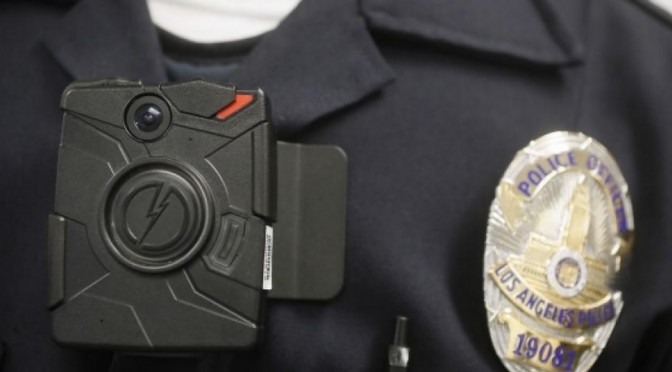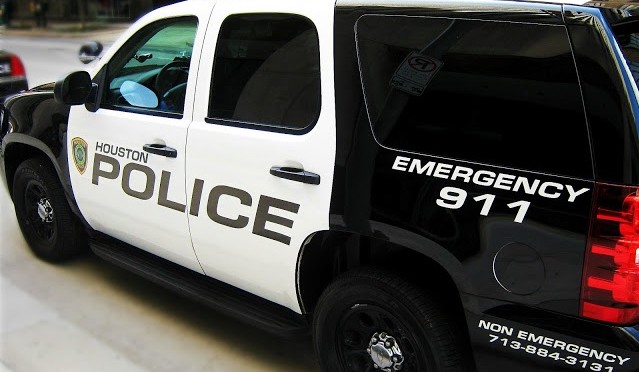An important reminder from neighboring New Mexico the that the push to equip police forces across the country with body cameras isn’t just about potential victims of abuse. Those same body cameras will also be there to protect officers that have done nothing wrong. One officer in Albuquerque knows this to be very true. Here’s the story from KOB 4 News…
Arrested for drunk driving, an Albuquerque woman tried to flip the script on an Albuquerque Police officer, accusing him of sexual assault. Cops say 23-year-old Deanna Griego padded her bra with something extra as she was placed under arrest for DWI earlier this month.
It turns out that’s what ended up giving her away.
[…]
Frazier arrested Griego for DWI. She blew a .13 blood alcohol content at the station, way over the legal limit of .08.
Then she said she had to pee.
“Bathroom’s on your left,” said Frazier, taking off Griego’s cuffs. “Your other left. There we go.”
Fraizer says he heard Griego talking in the bathroom, asking “How can I get this officer in trouble?”
Then he remembered Griego had slipped her cell phone into her bra back at the stop. It’s clear on the officer’s lapel cam video.
From inside the bathroom, Griego argues with Officer Frazier and says he’s violating her rights by opening the door. He points out he can’t see her, and then comes this accusation:
“[You were] inappropriately touching me while I was waiting in the car,” said Griego.
“Please don’t touch me,” she said, coming out of the bathroom.
“The whole thing’s on video ma’am; you can say whatever you like,” Frazier responded.
“Now she’s saying I touched her when I put her in the car,” he said.
But when Griego asked for medical attention, Frazier called EMTs.
“Basically the whole thing’s on video,” he tells the paramedics. “She’s accusing me of touching her.”
APD says a sex crimes sergeant and detective conducted a full investigation and cleared Officer Frazier of the allegations.
Contrast this story with what could have happened had Officer Frazier not been wearing a camera. Being accused of such a charge could cause Frazier to be removed from the field and suspended pending the investigation. Had he been found guilty, this officer could have been terminated from his position and subject to criminal charges himself.
This is a textbook example of why body cameras are so desperately needed across the country. With unedited footage, they serve as an objective witness, and can only speak the truth about what happened. It is very good that Officer Frazier’s department was smart enough, well-funded enough or lucky enough to invest in this equipment, and it is high time that every officer in the United States be given the same resource. Let’s hope police forces like HPD and the Harris County Sheriff’s Office take note of this story to improve their case for cameras as well.
(photo credit: Damian Dovarganes via New York Daily News)

